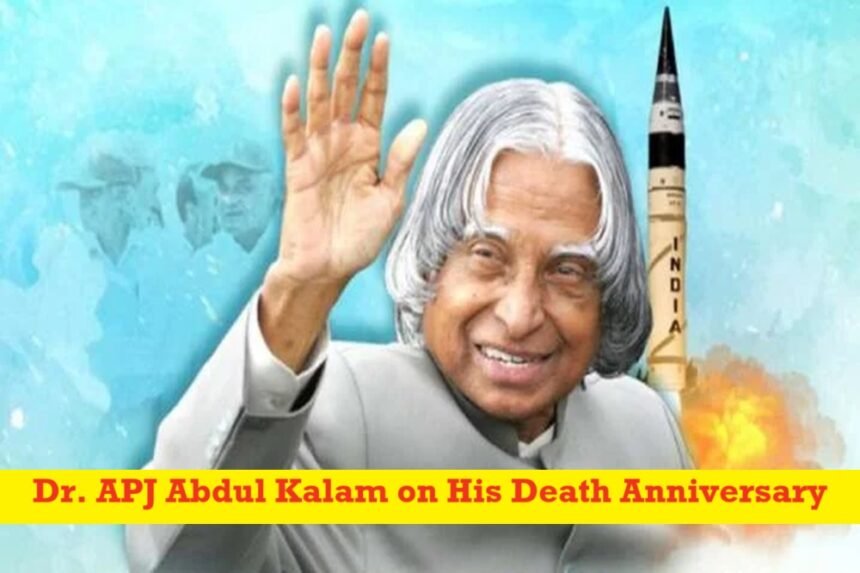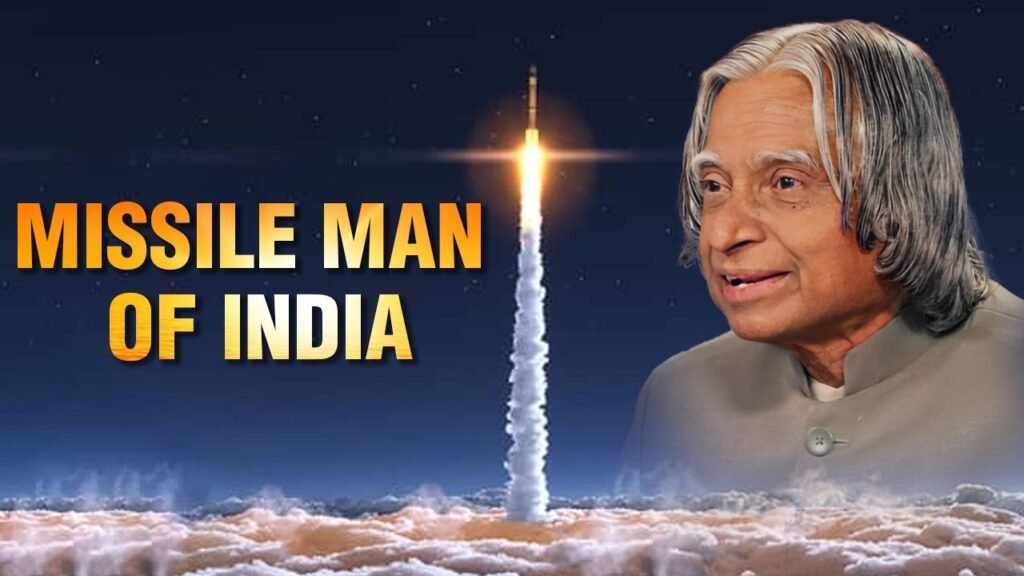APJ Abdul Kalam: Celebrating the Legacy of India’s ‘Missile Man’ on His 9th Death Anniversary
Reflecting on the Life and Achievements of Dr. APJ Abdul Kalam
On July 27, 2024, India commemorates the 9th death anniversary of Dr. Avul Pakir Jainulabdeen Abdul Kalam, affectionately known as the “Missile Man” of India. As the nation pays tribute to this towering figure, it’s a moment to reflect on his remarkable journey, significant contributions, and the enduring impact of his legacy. Dr. Kalam’s life story is one of resilience, innovation, and an unwavering commitment to advancing India’s scientific and educational frontiers.
Early Life and Education
Dr. APJ Abdul Kalam was born on October 15, 1931, in the small town of Rameswaram, Tamil Nadu. His early years were marked by modest beginnings and financial struggles. Despite these challenges, Kalam’s indomitable spirit and fervent interest in science paved the way for his extraordinary career. His educational journey began at the Schwartz Higher Secondary School in Ramanathapuram, followed by a degree in aerospace engineering from the Madras Institute of Technology (MIT).
Kalam’s pursuit of education was driven by a deep-seated belief in its power to transform lives. His perseverance through financial constraints and academic challenges showcased his commitment to scientific inquiry and personal growth.
Major Contributions and Achievements
Dr. Kalam’s professional career began in 1958 with the Defense Research and Development Organization (DRDO), but it was his tenure at the Indian Space Research Organisation (ISRO) that marked the zenith of his contributions. At ISRO, Kalam played a crucial role as the project director of India’s first satellite launch vehicle (SLV-III). His leadership led to the successful deployment of the Rohini satellite in 1980, establishing India’s position in the global space community.
The Missile Man of India
Dr. Kalam’s work in missile development is particularly noteworthy. His vision and leadership in the Integrated Guided Missile Development Program (IGMDP) led to the development of key missile systems, including the Agni and Prithvi missiles. These achievements earned him the title of the “Missile Man,” as they significantly enhanced India’s defense capabilities and technological prowess.
The successful Pokhran-II nuclear tests in 1998 were another landmark achievement in Dr. Kalam’s career. His role in these tests underscored India’s strategic capabilities and its position on the global stage. The nuclear tests not only demonstrated India’s nuclear capabilities but also reinforced Dr. Kalam’s status as a pivotal figure in India’s defense and space research.
Presidency and Vision for India
In 2002, Dr. Kalam was elected as the 11th President of India.
His tenure was characteriz by a deep connection with the people and a focus on national development.
Known for his humility and approachability,
Dr. Kalam’s presidency was mark by his emphasis on transforming India into a developed nation by 2020.
His vision was encapsulated in his influential book, “India 2020: A Vision for the New Millennium,” which outlined a roadmap for achieving technological advancement and economic prosperity.
Impact on Education and Humanitarian Work
Post-presidency, Dr. Kalam devoted himself to education and inspiring the youth.
He traveled extensively across India, visiting schools and colleges to engage with students and encourage them to pursue their dreams.
His passion for education and mentorship left a lasting impression on countless young minds.
Dr. Kalam’s commitment to education extended beyond motivational speeches.
He advocated for a technologically advanced India and emphasized the importance of ethical leadership.
His work in promoting scientific education and innovation continues to inspire future generations.
Lasting Legacy
Dr. APJ Abdul Kalam’s legacy transcends his scientific and political achievements.
He remains a symbol of dedication, integrity, and visionary leadership.
His contributions to science and technology have not only strengthened India’s defense
and space capabilities but also laid the foundation for future advancements.
As India reflects on Dr. Kalam’s life and contributions on this solemn anniversary,
it is a moment to celebrate his achievements and the values he championed.
His legacy lives on through the numerous individuals and projects he inspired,
and his vision continues to guide India’s progress in science, education, and beyond.
Dr. Kalam’s life serves as a powerful reminder of the impact one individual can have on a nation.
His unwavering commitment to his country and his enduring influence on
science and education remain a beacon of inspiration for generations to come.
Read More: Paris Olympics 2024 Opening Ceremony: Celebrities, Business Moguls, and Memorable Moments










